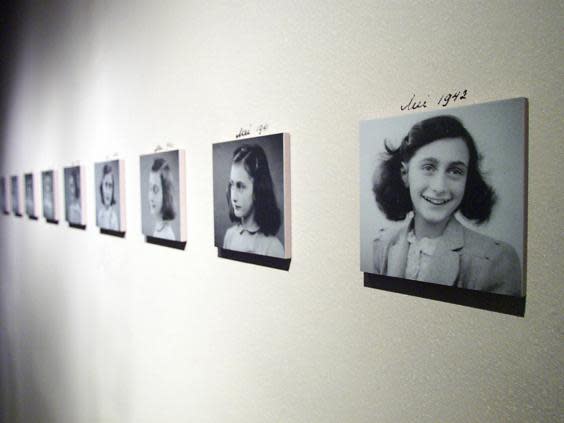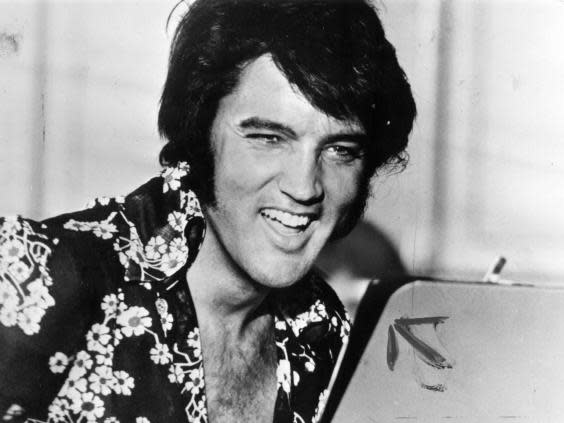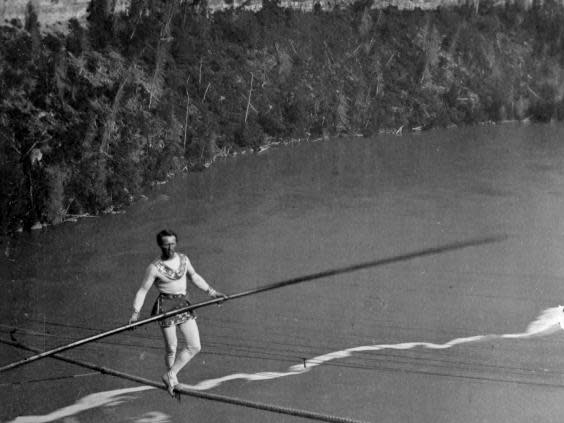The world this week: From the beginning of Berlin’s Cold War to Apple’s game changing iPhone release
24 June
Pablo Picasso opened his first exhibition in 1901. The Spanish artist was only 18 years old at the time and went on to become one of the most influential artists of all time.
The Berlin Blockade began in 1948, when the Soviet Union made overland travel between West Germany and West Berlin impossible.
Julia Gillard became Australia’s first female prime minister in 2010.
Former Italian prime minister Silvio Berlusconi was found guilty of abusing his power and having sex with an underage prostitute in 2013. He was sentenced to seven years in prison.
Deaths: Hongwu Emperor of China, Founder of the Ming dynasty, 1398; Edward de Vere, English courtier, 1604; Jackie Gleason, American actor and singer, 1987; Rodrigo, Argentinian singer-songwriter, 2000.
June 25
In 1943, Jewish people living in Poland’s Częstochowa Ghetto staged an uprising against the Nazis. Around 2,000 Jews were killed as a result.
The Diary of a Young Girl by Anne Frank was published in 1947.

The Korean War began in 1950, with the invasion of South Korea by North Korea.
American singer Prince released what would become his most successful studio album, Purple Rain, in 1984. The musician died of an accidental fentanyl overdose in 2016.
Deaths: Michel Foucault, French philosopher, 1984; Jacques Cousteau, French biologist who co-developed the aqua-lung; Michael Jackson, disgraced American pop legend, 2009.
26 June
The first Grand Prix car race was held in 1906. The race was held on France’s Le Mans track.
President John F Kennedy gave his “Ich bin ein Berliner” speech in 1963, underlining US support for democratic West Germany. This came after Soviet-supported East Germany erected the infamous Berlin Wall.
Elvis Presley played his final ever concert at Market Square Arena, Indianapolis, in 1977. “The King of Rock and Roll” died later that year.

In 2015, the US Supreme Court ruled that same-sex couples had a constitutional right to marriage.
Deaths: Joseph-Michel Montgolfier, French inventor who co-created the hot air balloon, 1810; George IV of the United Kingdom, 1830; Max Stirner, German philosopher, 1856; Josemaría Escrivá, Spanish priest and saint who founded Opus Dei, 1975.
27 June
A report by the Medical Research Council revealed, for the first time, direct links between smoking and lung cancer in 1957.
Uruguay’s president, Juan María Bordaberry, dissolved the country’s parliament and established a dictatorship in 1973.
The Palestine Liberation Organisation hijacked Air France Flight 13 in 1976. The PLO redirected the flight from Paris to Entebbe, Uganda.
Deaths: Ranjit Singh, Indian founder of the Sikh Empire, 1839; Joseph Smith, founder of the Latter Day Saint movement, 1844; Jack Lemmon, American actor, singer and director, 2001.
28 June
The saxophone was patented in 1846. Belgian musician Adolphe Sax developed the woodwind instrument.
Archduke Franz Ferdinand of Austria and his wife Sophie were assassinated in Sarajevo in 1914. This action was the casus belli of the First World War.
New York City saw the start of the Stonewall riots in 1969, marking the beginning of the gay rights movement.

Margaret Thatcher announced that she would give up her seat in the House of Commons at the 1991 general election. She went on to receive a seat in the House of Lords the following year.
Deaths: James Madison, the fourth US president, 1836; Vannevar Bush, American engineer, 1974; Rod Serling, American screenwriter who created The Twilight Zone, 1975; Terry Fox, Canadian athlete and activist, 1981.
June 29
The BBC unveiled its new “TV factory” television centre in 1960, which bosses said would be the “Hollywood of the small screen”.
Steve Wozniak, co-founder of Apple, tested his first prototype of the Apple I computer in 1975.
Apple released its first mobile phone, the iPhone, in 2007.
Deaths: Thomas Henry Huxley, English biologist, 1895; Jayne Mansfield, American model, singer and actress, 1967; Katharine Hepburn, American actress, 2003.
30 June
French acrobat Charles Blondin crossed Niagara Falls on a tightrope in 1859.
In 1908, the Tunguska event left 2,000sqkm of the Siberian forest flattened and scorched. The devastation was believed to have occurred because of an exploding asteroid or comet.

Margaret Mitchell’s novel, Gone with the Wind, was published in 1936. Set in the American south during the American Civil War, it became one of the US’s biggest best sellers.
In 1937, the world’s first emergency telephone number, 999, was introduced in London.
Deaths: Kurt von Schleicher, Germany’s 23rd chancellor, 1934; Barry Norman, English television presenter, 2017; Simone Veil, French lawyer and politician, 2017.

 Yahoo News
Yahoo News 
